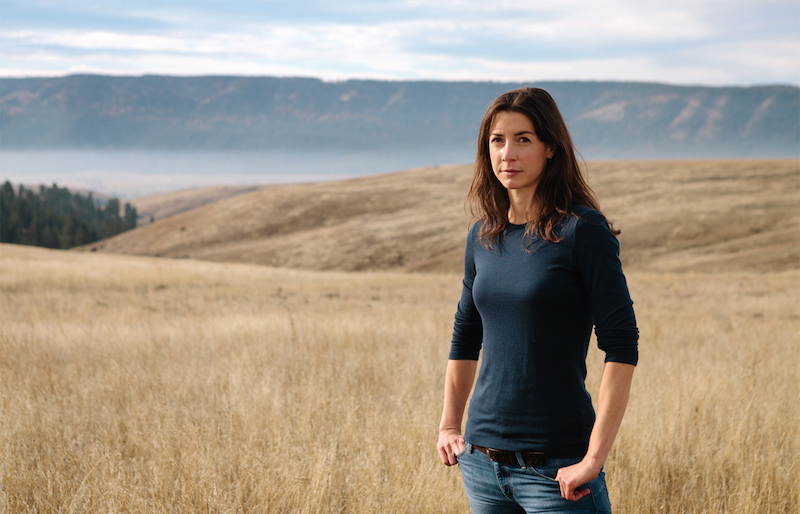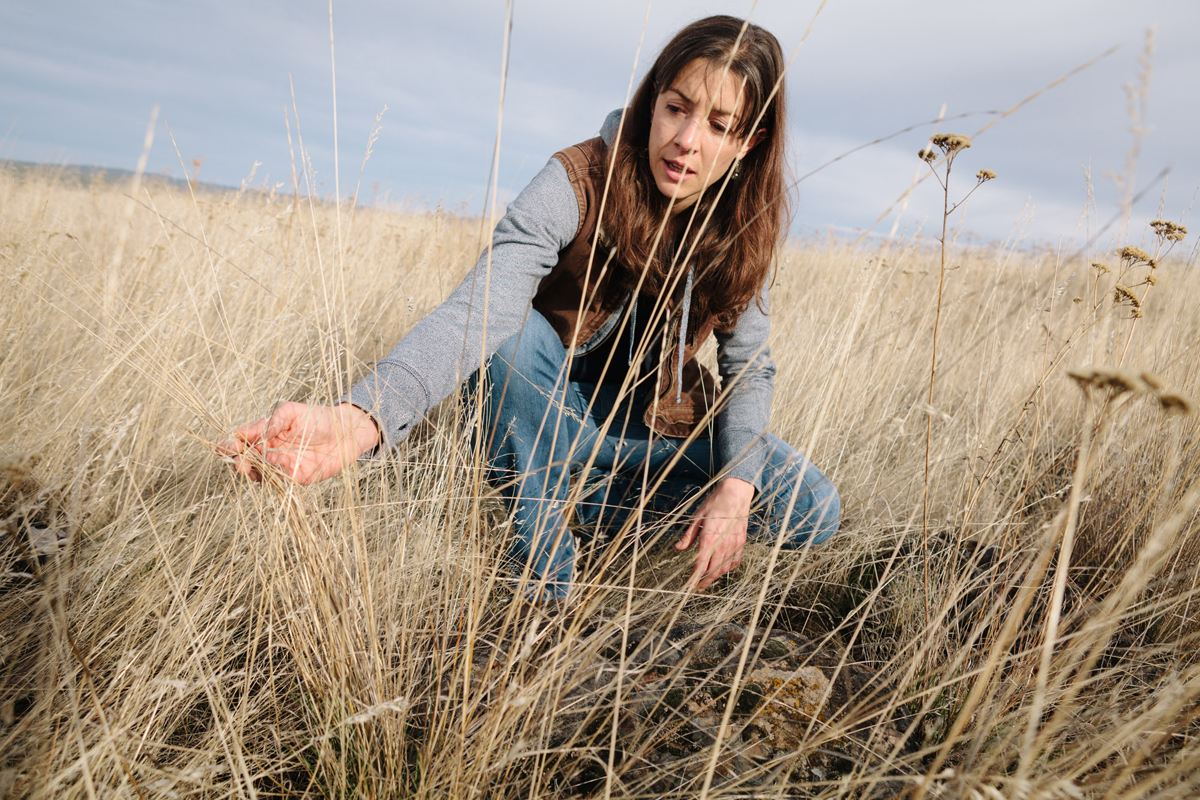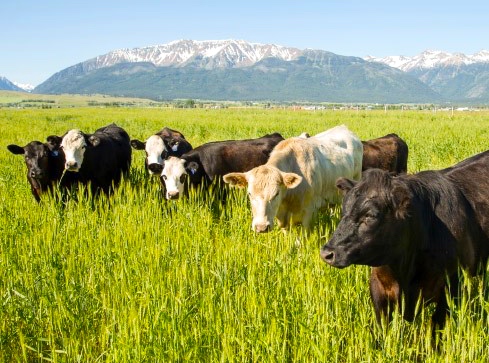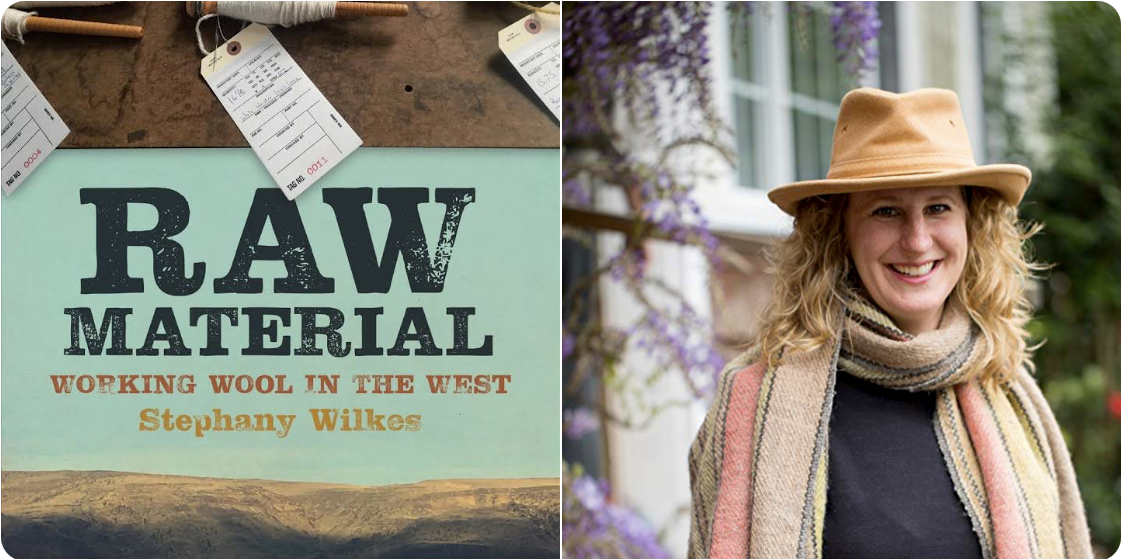
Taking On Cultural Imperialism: Andrea Nguyen's Righteous Anger
I love a good rant, especially one that expands my own entrenched—read: unquestioned/lazy/privileged—attitudes, and noted chef, cookbook author and teacher Andrea Nguyen has a doozy on her eponymous blog:
"It’s aggravating to read again and again that the Mediterranean diet is the way to go for healthy habits. The implication is that something associated with the geography of Europe is the only thing we can turn to to save ourselves!" Nguyen wrote of a recent special section in the New York Times on the Mediterranean Diet.
"We all lead cross-cultural lives and we cook and eat that way too," Nguyen stated. "The Diet has become a meme that smacks of cultural imperialism," exemplified by the introduction to the section by Times reporter Alice Callahan that states "definitions of the diet have evolved over time, so we won’t limit ourselves to fare from the Mediterranean region."
 Nguyen, who was born in Vietnam, won a James Beard Foundation Award for Best Cookbook in 2018 for "The Pho Cookbook" and is a 2024 nominee for her new book, "Ever-Green Vietnamese: Super Fresh Recipes, Starring Plants from Land and Sea." She also writes freelance articles for the Times, which makes her speaking out about the topic in a public forum both unusual and courageous.
Nguyen, who was born in Vietnam, won a James Beard Foundation Award for Best Cookbook in 2018 for "The Pho Cookbook" and is a 2024 nominee for her new book, "Ever-Green Vietnamese: Super Fresh Recipes, Starring Plants from Land and Sea." She also writes freelance articles for the Times, which makes her speaking out about the topic in a public forum both unusual and courageous.
The section in the Sunday New York Times was titled "Healthy, Simple, Delicious: How the time-tested Mediterranean diet can offer real benefits, with recipes to help you get started" (top photo).
 A photo the Times used as an illustration (above) is just one example. "The cultural takeover is strong," Nguyen wrote. "For example, this stock photo of a 'Mediterranean diet' includes avocado, tomato, and what looks like a knob of ginger. And, is that turmeric in the lower left?"
A photo the Times used as an illustration (above) is just one example. "The cultural takeover is strong," Nguyen wrote. "For example, this stock photo of a 'Mediterranean diet' includes avocado, tomato, and what looks like a knob of ginger. And, is that turmeric in the lower left?"
Nguyen, after reading the section then seeing the cartoon above in her Instagram feed, said it reminded her of the reason she started writing in the first place. "If I remained quiet and let the Mediterranean diet swallow up foods like tofu and avocados without respecting their place of origins (China and the Americas), I wouldn’t be doing my job," she wrote.
Nguyen pointed out that the section emphasizes five categories of foods as exemplars of the diet: whole grains; fruits and vegetables; legumes/beans/lentils; nuts and seeds; and finally, healthy fats. But she noted that those five categories are representative of traditional diets around the world, and referred to the Blue Zone studies that found five locations on the globe where people consistently live healthy, active lives to well over 100 years of age.
Saying it's time we came up with a broader, more inclusive descriptor for a healthy diet than one coined in the middle of the last century, she wrote, "We should learn from other cultures because they speak to our modern experiences, which is intersectional and cross-cultural. We should identify and respect what those cultures have to offer, not slide everything into a comfortable, digestible rubric."
All I can say is, "Hear, hear!"
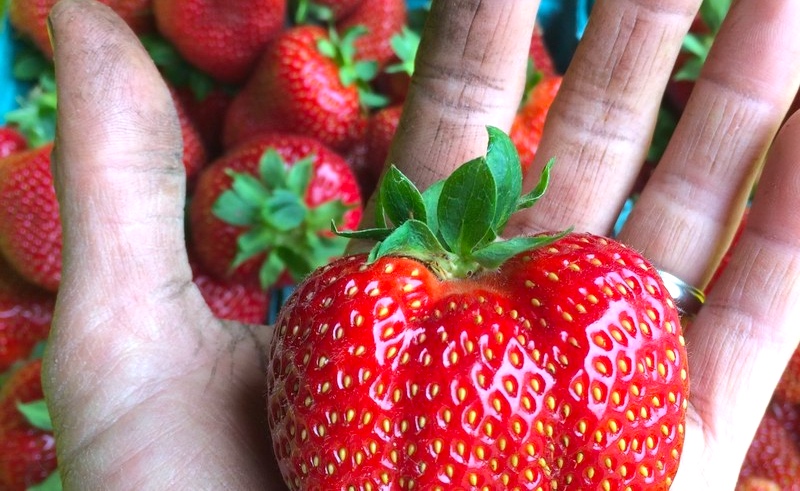
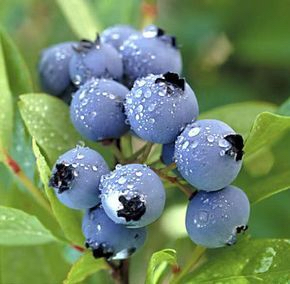 I got to talk to farmers like Betsy Harrison of
I got to talk to farmers like Betsy Harrison of 